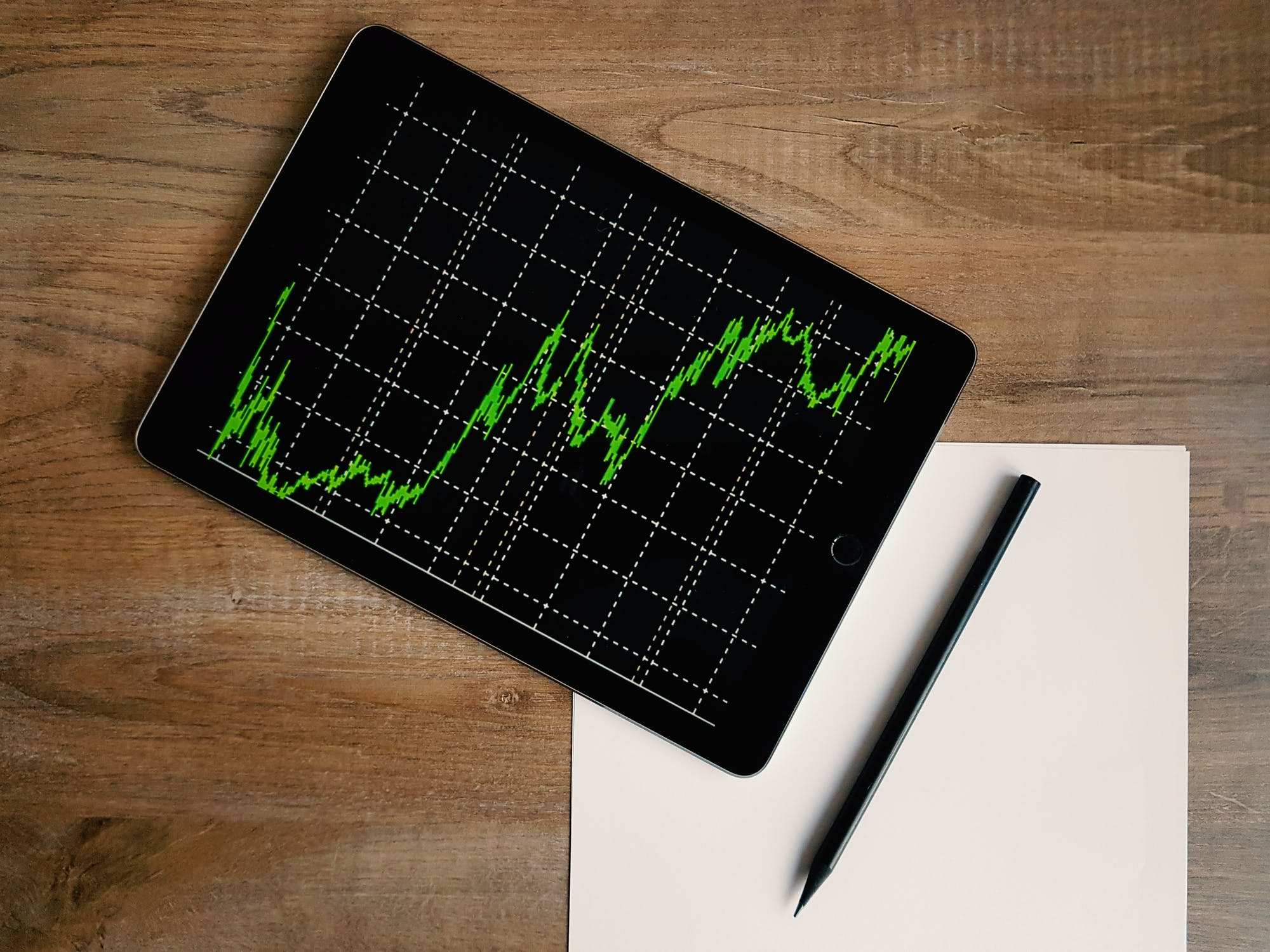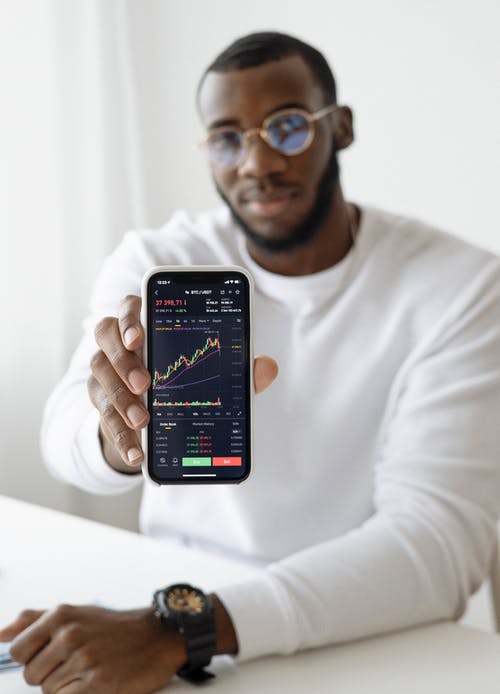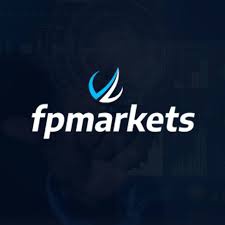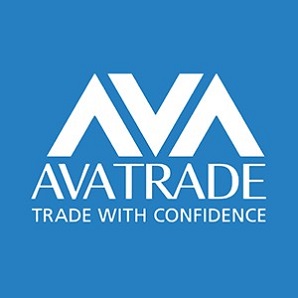CFD stands for Contract for Difference. It involves speculation on instruments in the financial market. You will not have to buy the asset directly before you can make a profit from it if you venture into CFD trading. What is more, you can make money from CFD trading both when the value of the asset is rising and falling. So many people have made a lot of money from CFD trading.
Best cfd trading platforms Canada
You too can make money from it. Before you can start making money from CFD trading in Canada, however, you need a lot of information. We are going to provide some helpful details about CFD in this write-up. The information we offer here can help you to make the right trading decision.
Opportunities in CFD trading
CFD trading makes it possible for the individual trader to speculate on the financial markets. You can speculate on series of assets as mentioned below:
- Commodities
- Indices
- Forex
- Shares

You can successfully make money by buying and selling the assets above even if you do not own any of them. Trading CFD means that you agree to exchange the price difference of the asset from the opening point to the closing point. You can make a profit or loss in CFD trading. The profit or loss you make depends on how correct your forecast is.
Check below for some of the major features of CFD trading:
- Short and long trading
- Hedging
- Margin
- Leverage
We are going to discuss each of these features below.
Short and long CFD trading
As mentioned earlier, you will be able to speculate on price movement in CFD trading in either direction. You can make money when the value of the asset is rising and when it is falling. When you buy an asset in CFD trading, we call it “going long” or buying. When you sell an asset, on the other hand, we call it “going short” in CFD trading.
You can buy Apple shares, for example, if your research indicates that its value will rise. You can also sell it or go short if you feel the value of the asset will fall. You will make money or loss depending on the difference between the opening and closing price. If the closing price is towards the direction you predicted, then you will make a profit. The reverse is the case if the closing price is in the opposite direction you predicted.
Leverage
CFD trading is a leveraged kind of trading. This means that the trader can control a large position even if he does not have the fund to control such a large position. The broker will not require you to commit the entire fund you need to open that position.
The extra fund you need for the large position will come from the broker as a borrowed fund. In fact, you may not have to commit more than 5% of the total fund that you need for opening that large CFD trading position. With the help of leverage, the trader will be able to spread his capital further. CFD trading brokers in Canada also provide leverage to their registered traders and investors.
Leverage can help the trader to make a lot of money from CFD trading. At the same time, it can cause the trader to make a lot of losses. So, leverage is a two—edged sword. So, you should use it with care.
CFD can magnify profit and can also magnify loss. It also means that you can record a loss more than your account balance. To prevent this from happening, many online trading brokers in Canada offer what is called negative balance protection.
This means that your account balance will never read negative. The trade will close automatically once the money in your account is lost. If you want to make progress as a CFD trader in Canada, always use leverage with care.

Margin
Margin trading can also mean the same thing as leveraged trading. So, we can say that CFD involves margin trading. The fund you need for maintaining a position in CFD trading is the margin. The margin is just a fraction of the total amount in your trading account balance.
Margins in CFD can be categorized into two:
- A deposit margin: You need this margin to open a trading position.
- A maintenance margin: You need this margin to keep the trading position open in case you are about to incur losses that your deposit margin cannot cover. In such a situation, you will need to add an extra fund. The extra fund you add is the maintenance margin. Your broker can give you a call to intimate you about this necessity. The call is referred to as the “margin call”. The broker can close the trade for you in loss if you fail to add the maintenance margin on time.
Hedging with CFD
If your research indicates that the value of a particular asset will fall temporarily, you can reduce the loss by selling that asset via CFD trading. When you do this, the loss you generate by buying the asset will reduce since you are buying it at the same time.
Concepts behind CFD trading
The main concepts behind CFD trading in Canada will be hinted below:
- Spread and commission: The spread represents the difference between the bid price and the asking price. Another name for the bid price is the selling price and that of the ask price is the buy price or offer price.
- Deal size: You can also call it the lot size. The trader can decide the lot size to use when trading an asset. An increase in the lot size will increase the potential profit or loss and vice versa.
- Duration: There is no fixed expiry in most CFD trades in Canada. The duration lapse when the trader decides to close the trade or when the deposit margin cannot sustain that trade anymore. When you close a buy trade, it means you are selling the asset and vice versa.
- Profit and loss: When you want to calculate your profit or loss, you need to multiply the value of the contract by the lot size (deal size) and then multiply the outcome by the distance moved between the opening and closing prices of that trade.






